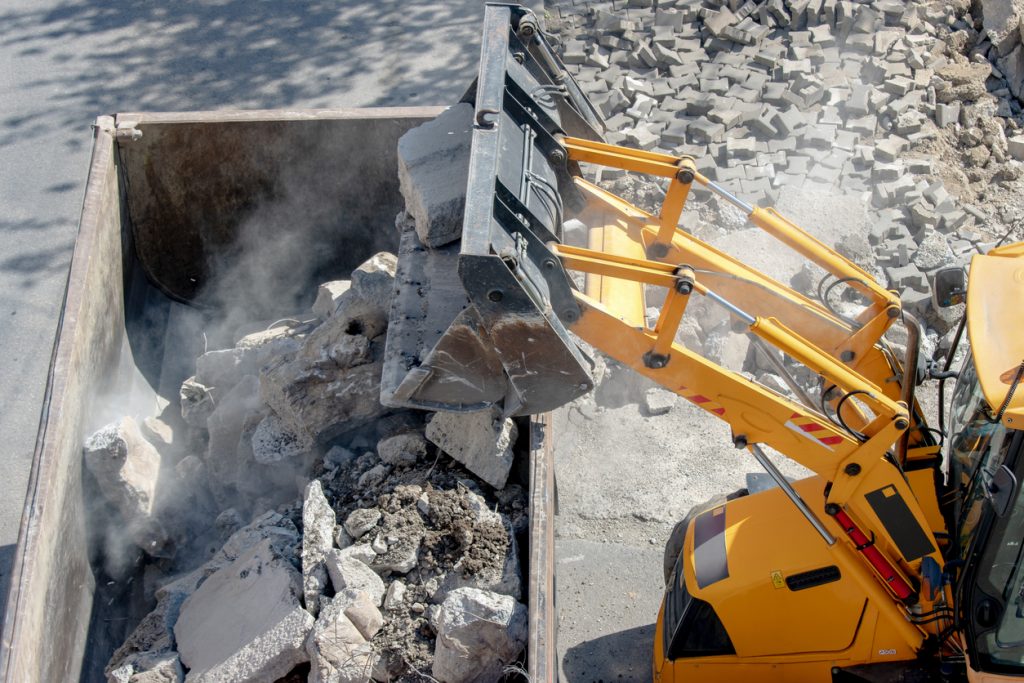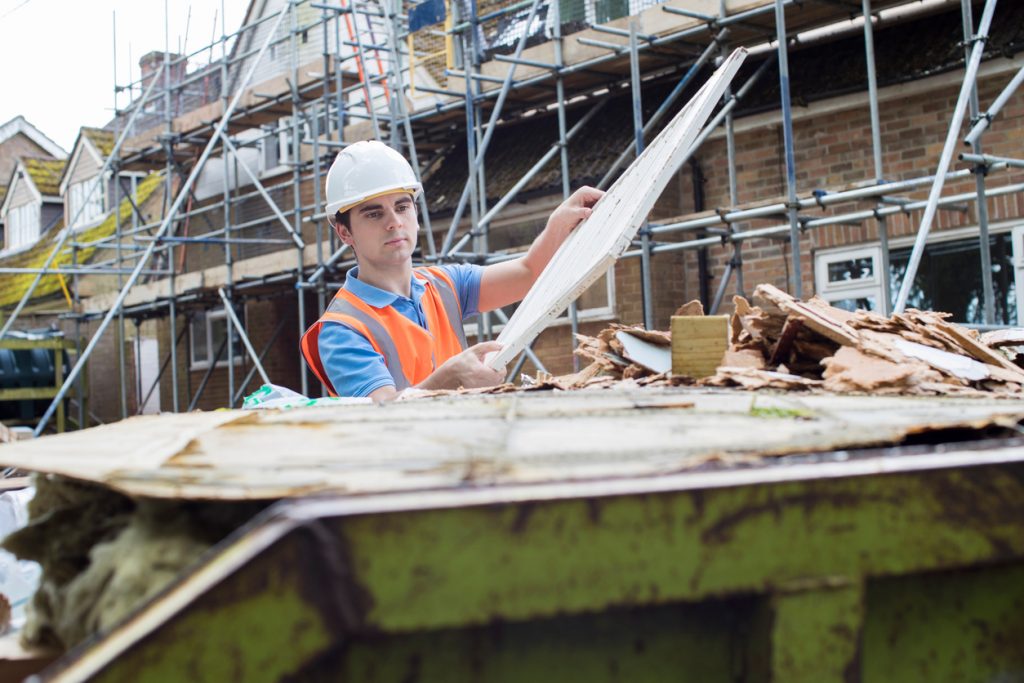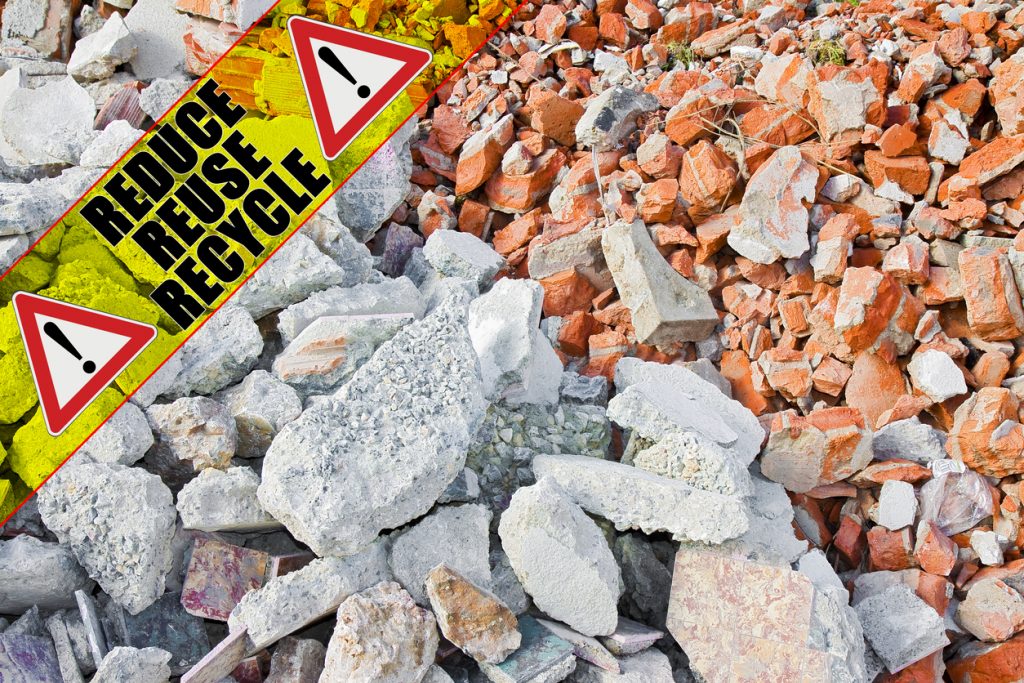Reducing waste in construction isn’t just about being eco-friendly; it’s also an effective cost-cutting exercise. With construction producing tons of waste globally each year, it’s crucial to adopt sustainable practices. At AE Faulks, we champion the “Reduce, Reuse, Recycle” mindset, leading the way in promoting sustainable practices.
This blog offers practical guidance on efficiently managing construction waste, aiming to reduce costs while promoting sustainability. Embracing these principles not only benefits the environment but also makes for a healthier bottom line.
Waste Generation in the UK Construction Industry: Statistics and Implications
In the UK, the construction industry plays a significant role in waste generation. According to recent statistics, the UK generated a total of 222.2 million tonnes of waste in 2018, with an increase from the previous tally in 2016. The construction sector is a major contributor to this figure. Specifically, construction activities are responsible for 62% of the UK’s total waste output, with 32% of all construction industry waste ending up in landfills, and an alarming 13% of construction materials are reported to go straight to waste without even being used.
These statistics highlight the urgent need for more rigorous waste management practices within the UK construction industry to reduce the environmental impact and move towards more sustainable and efficient use of resources.
What is Construction Waste?
Construction waste refers to the materials left over from building, renovating, or tearing down structures. It covers everything from extra or broken materials, no matter the size of the project, and can come from any stage of construction.
The Different Types of Construction Waste
Construction waste isn’t just one single thing; it’s a broad term covering many different unwanted materials. Here are some common types:
The Environmental and Economic Impact of Construction Waste
Some of the consequences of excessive construction waste are:
Adopting the “Reduce, Reuse, Recycle” strategy isn’t just about being eco-friendly; it also boosts efficiency and saves money on-site. By grasping the impact of construction waste, industry players can tackle it more effectively with smarter strategies.
Reduce: Planning and Management Strategies
Efficient waste management in construction begins with cutting down waste from the start. Here are key strategies to make big reductions:
By focusing on reducing waste first, construction projects can make a big dent in waste generation, moving towards more sustainable practices.
Reuse: Extending the Lifecycle of Your Materials
For better material reuse on-site, it’s important to set clear rules for sorting and storing, create dedicated storage areas for reusable materials, and teach workers how to recognise and keep these items. Also, planning to reuse materials from the beginning makes it easier to use them again later on.
Inspecting and sorting materials for potential reuse is key. Check materials for damage, cleanliness, and if they’re suitable for reuse. Remove non-structural items like doors and windows carefully to avoid damage, and organise materials into categories for easier identification for different reuse purposes.
Ideas for Reusing Materials
Here are some creative ideas for reusing materials in different construction phases:
Recycle: Efficient Material Recycling Practices
As we’ve discussed, efficient material recycling practices are vital in construction to minimise environmental impact and optimise project costs. So, let’s take a look at some of the ways site operators can ensure they’re following effective recycling practices.
Clear on-site sorting systems are crucial for effective construction recycling efforts. These systems simplify the process by clearly identifying recyclables and minimising contamination risks.
Designated storage areas further improve efficiency by preventing mixing and assisting with transportation to recycling facilities.
Where possible, collaborating with local recycling plants can further streamline the recycling process and is equally important in promoting circular economy principles.
Using efficient waste management and recycling practices is essential and can be highly beneficial in today’s construction industry. By following our advice, you can make a big difference in creating construction sites that use resources wisely and are more environmentally friendly.
We offer a variety of plant machinery to help with your site waste management, such as our mini digger hire, tracked excavator hire, or tipper hire. If you need reliable machinery to boost your project’s efficiency, get in touch with us today.


















